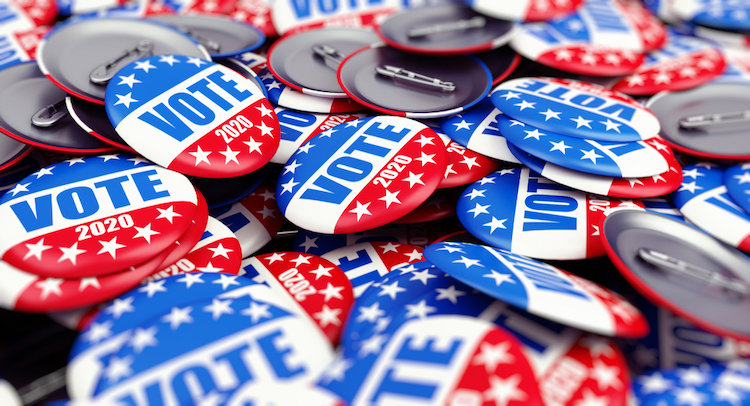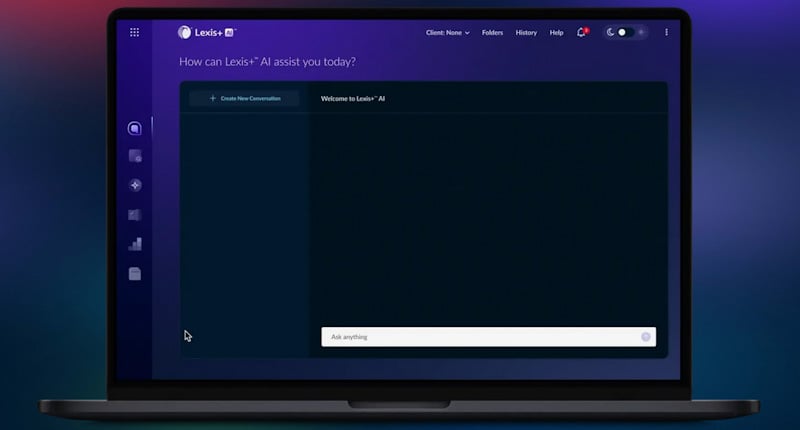SCOTUS allows Alabama to ban curbside voting

Image from Shutterstock.com.
Three U.S. Supreme Court justices dissented Wednesday when the high court allowed Alabama’s secretary of state to ban curbside voting.
U.S. District Judge Abdul Kallon of the Northern District of Alabama had blocked the secretary of state’s curbside voting ban after concluding that it violated the Americans with Disabilities Act. A Supreme Court majority stayed the judge’s injunction while the litigation continues.
Justice Sonia Sotomayor wrote the dissent, joined by Justices Stephen G. Breyer and Elena Kagan.
Kallon had ruled that the curbside voting ban violated the ADA because it forced people with disabilities to risk exposure to the novel coronavirus if they wanted to vote in person. The injunction did not force counties to adopt curbside voting; it merely gave counties the option.
The 11th U.S. Circuit Court of Appeals at Atlanta let stand that part of the federal judge’s ruling.
Sotomayor said she “would not upset the district court’s record-based, reasoned and narrowly tailored judgment.”
“To combat the spread of COVID–19, the Centers for Disease Control and Prevention recommend that states consider curbside voting, that is, permit voters to vote from their car by handing their ballot to a poll worker,” Sotomayor wrote. “This is no radical recommendation.”
About 28 other states and Washington, D.C., already permit curbside voting, Sotomayor said.
Sotomayor cited the words of one of the plaintiffs, a Black man in his 70s with asthma and Parkinson’s disease.
“So many of my [ancestors] even died to vote. And while I don’t mind dying to vote, I think we’re past that—we’re past that time,” he said.
The case is Merrill v. People First of Alabama.
Bloomberg Law, the Washington Post and SCOTUSblog are among the publications with coverage of the court’s order.



